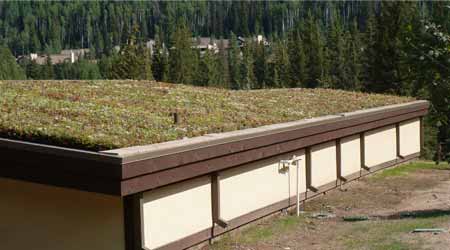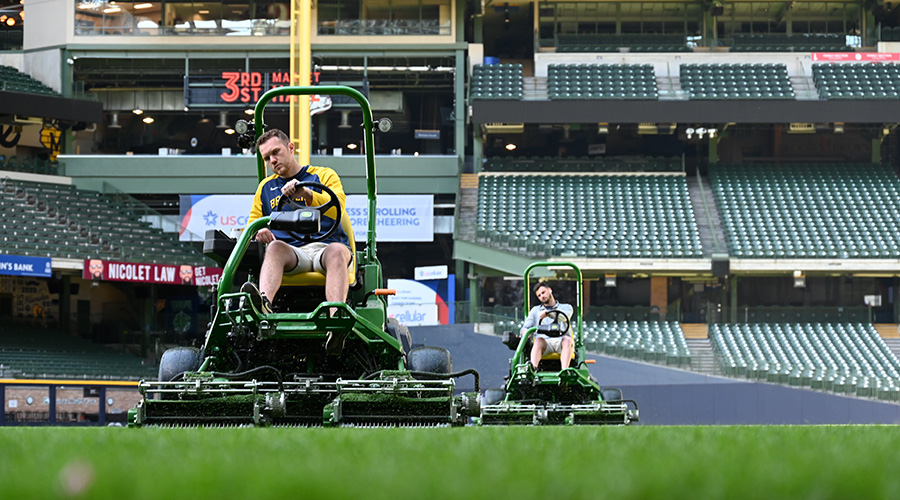5. Incorporate Community Gardents into Landscapes
Part 5 of a five-part article on sustainable landscapes
Developers of campuses, schools and city parks are beginning to include community gardens and fruit-bearing trees on their sites. The market value of properties and developments that have agricultural plots and programs are higher than that of other developments. Rooftop gardens also can produce fruits and vegetables.
Building occupants and visitors can participate in maintaining the gardens, using breaks and lunch hours to get outdoors and exercise. Many areas of cities do not have access to healthy food and instead rely on convenience stores for most of their diet. Locally produced food does not require long-haul shipping and the fuel emissions and road pavement costs associated with it.
Managers should stay tuned for the next generation of sustainability, known as regeneration, which describes going beyond reducing impacts to developing systems that sustain themselves by restoring or creating better ecosystems, as well as social, and economic systems.
Jana McKenzie, FASLA, LEED-AP, is a principal landscape architect with Logan Simpson — www.logansimpson.com — a multi-disciplinary design and planning firm. She is one of a small group of landscape architects who initiated the SITES landscape rating tool.
SIDEBAR: Grounds managers with institutional and commercial facilities have access to an array of resources on best practices for sustainable landscape design and maintenance.
One proven resource is the SITES rating and certification program and its resource guide, which has been endorsed by the U.S. Green Building Council. The SITES rating system is designed to distinguish sustainable landscapes, measure their performance and elevate their value. Later in 2016, the program will feature a new accreditation similar to LEED called SITES-AP for professionals engaged in landscape design, construction and maintenance.
Managers also can find information on best practices for organic land care on the Northeast Organic Farming Association of Connecticut website. Beyond farming, it is applicable to all types of maintenance practices associated with landscapes.
Related Topics:
















